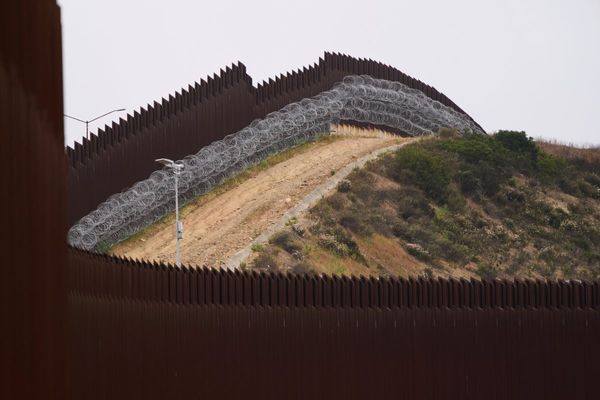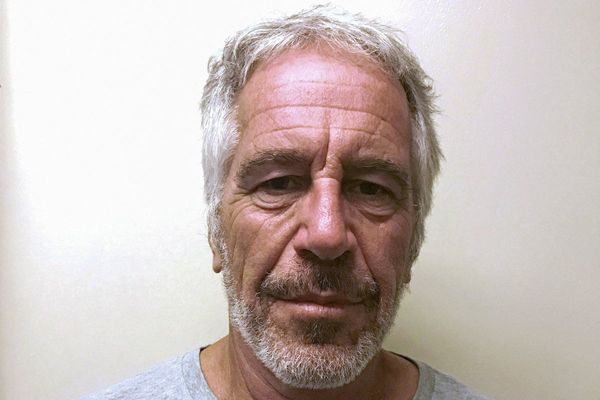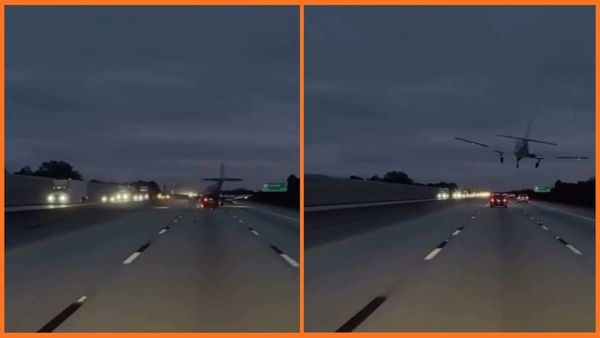
Neither of the candidates for leadership of the Conservative party has made a convincing pitch to rural voters, despite that demographic being one of the biggest sources of Tory power, the head of the UK’s biggest rural business organisation said.
Mark Tufnell, president of the Country Land and Business Association (CLA), which represents about 30,000 landowners and rural businesses, said Liz Truss and Rishi Sunak had done too little to show how they would boost the countryside economy and deal with pressing concerns such as planning, rural broadband, and farm support.
“I don’t think either candidate really understands what is happening in the countryside, and what the real issues are,” Tufnell said. “Both of them have said nice things about farms. But there is no understanding of what is actually happening in the countryside. They have not said much about it.”
He warned that the failure could cost the party at the next general election. “They assume that we [in the countryside] vote Conservative, and that they don’t really need to worry about us. But they should,” he said.
At the 2019 election 46% of voters in rural counties voted Conservative and only 29% voted for Labour. But polling conducted by the CLA before Boris Johnson’s resignation found a sizeable swing of about 7.5% from the Tories to Labour, putting the two main parties neck and neck in some rural areas.
The Liberal Democrats are also making inroads, with strong local election showings and the capture of the formerly safe blue seat of Tiverton and Honiton in the June by-election.
“[The Tories] have taken countryside voters for granted,” said Tufnell. “They’ve shown a lack of interest.”
While Truss and Sunak have sought to reassure farmers during their campaigns, Tufnell pointed out that the bulk of countryside voters and businesses were not farmers.
Farming accounts for only about 4% of the rural economy, and 7% of rural jobs are farming related. About 85% of rural businesses are not related to farming or forestry, and while 12 million people of voting age live in rural areas of the UK there are only about 100,000 farmers.
For rural businesses outside farming key issues include connectivity, since rural broadband and mobile phone access lags far behind that available in urban areas, and planning regulations, as many businesses chafe against some planning rules. The CLA has also said that a lack of affordable rural housing is stifling growth.
Both Truss and Sunak have promised to retain or tighten planning laws. Sunak promised no building on green belt land and Truss vowed to drop house-building targets. Each would restrict the building of solar farms and onshore wind farms.
Tufnell is also concerned that the new Tory leader could bow to pressure from some on the right wing of the party and dismantle reforms to farm support payments, which are being gradually introduced.
Unlike the EU system of payment for the amount of land farmed, under environmental land management contracts (ELMs) farmers will be paid “public money for providing public goods”. In return for the subsidies they will be asked to nurture soils, plant trees, improve water management, protect wildlife, and take other measures that help to clean the air and water, and safeguard nature.
The National Farmers’ Union has spoken out against the reforms, arguing that at a time of rising food prices the focus should switch to supporting farmers to grow more food. Tufnell, whose 28,000 members own about half the land in England and Wales, urged Sunak and Truss to stay with existing policy and give farmers stability.
Tufnell, who owns and manages a mostly arable farm in the Cotswolds, and is a Conservative party member, said: “It’s a false argument, that you need to stop ELMs to grow more food, you can do both. Without clean air and water and nurtured soils you can’t produce food anyway. And if you’re taking money from the public purse you should show a benefit to the public.
“ELMs are world beating, they are very forward thinking. They are the way the rest of the world will go eventually, but at a slower pace.”
Both candidates represented rural constituencies, Tufnell noted, Truss in east Anglia and Sunak in Yorkshire, but he said their policy ideas had focused on towns and cities. “The main focus still remains on the metropolitan and urban areas. There is a lack of focus on the countryside.”
Even the drought, which has scorched pasture and left crops dying in the fields to the despair of farmers across the Midlands, and south and east of England in particular, had failed to elicit much response, he added. “I’m not sure how much notice either of them has taken of the drought – they have just been running round the country.”
Tufnell called for the winner of the leadership election to install a “proper rural champion” in Downing Street who would advocate for policies reflecting the needs of rural Britain.
The CLA has estimated that investing in the countryside to bring the key infrastructure in rural areas – such as housing, transport, communications and technology – into line with that in towns and cities would improve the UK’s economic productivity by £43bn.
“There is a lack of infrastructure that is holding the countryside back,” said Tufnell. “There is enormous potential, but it needs political focus.”







